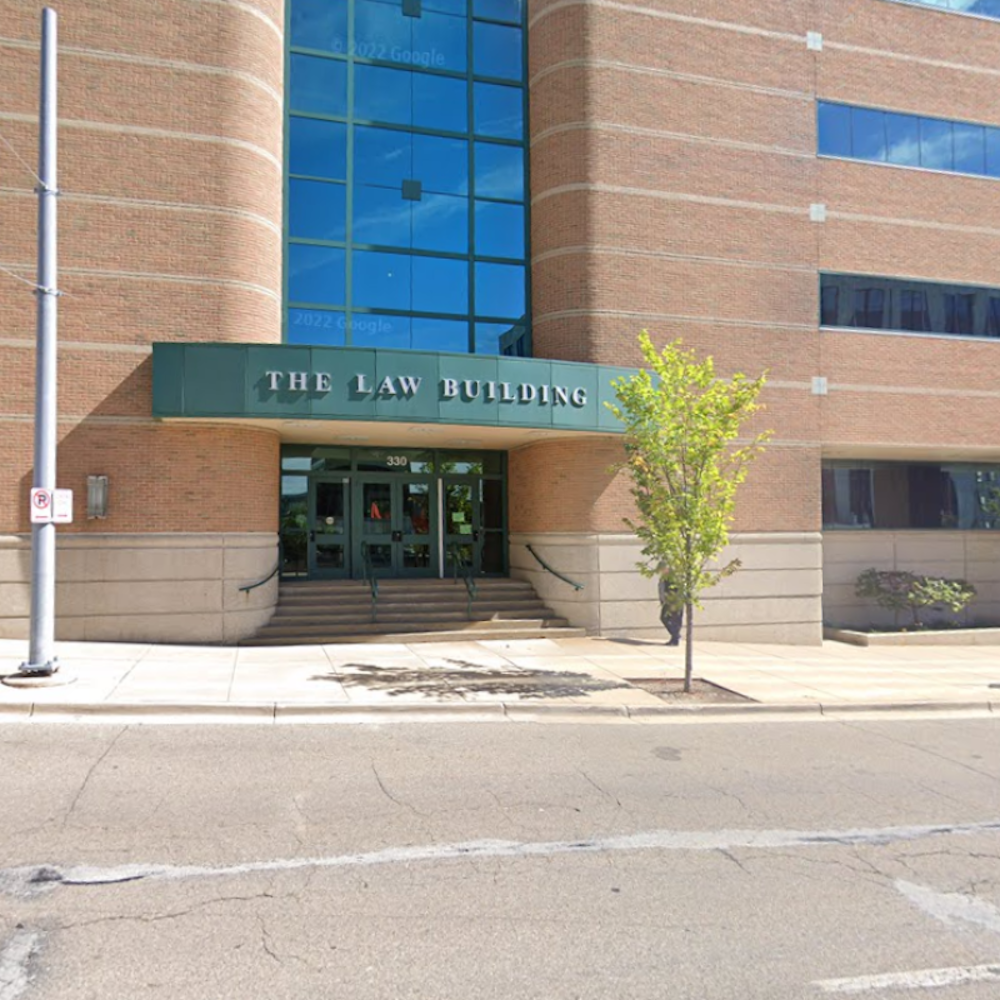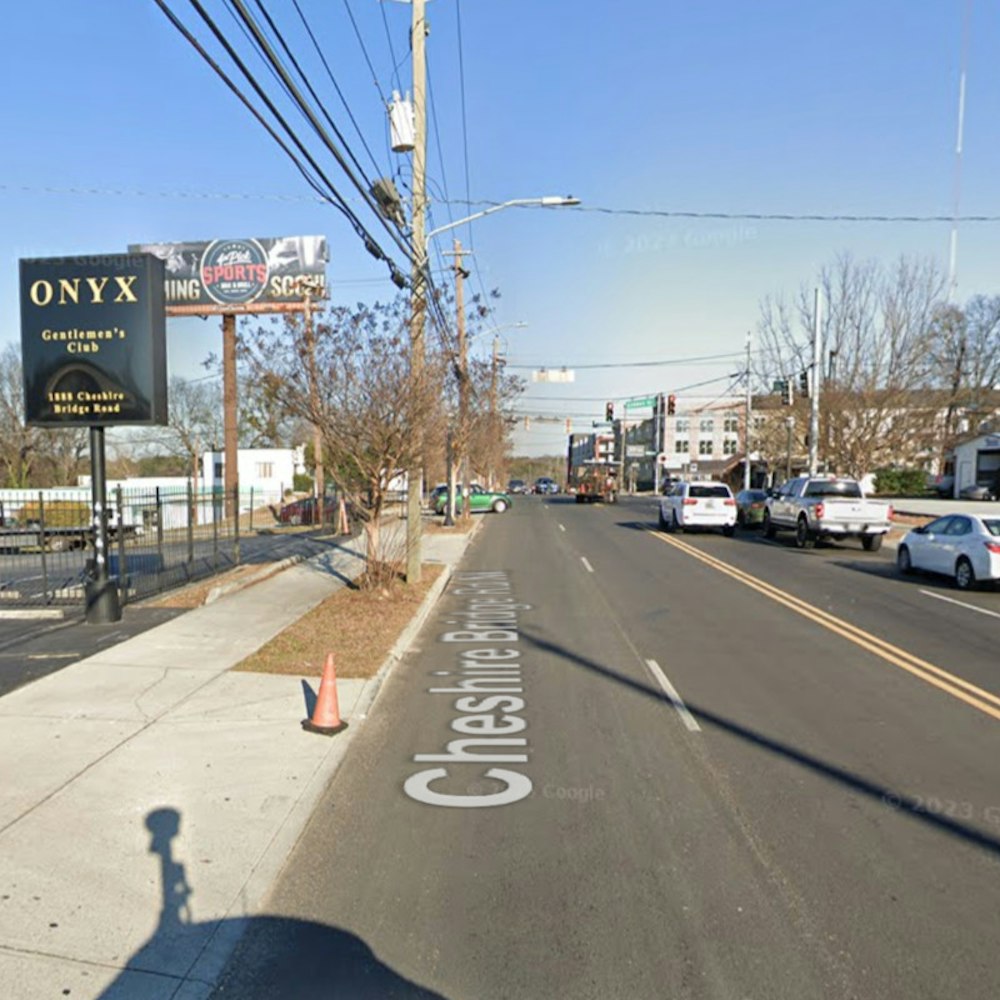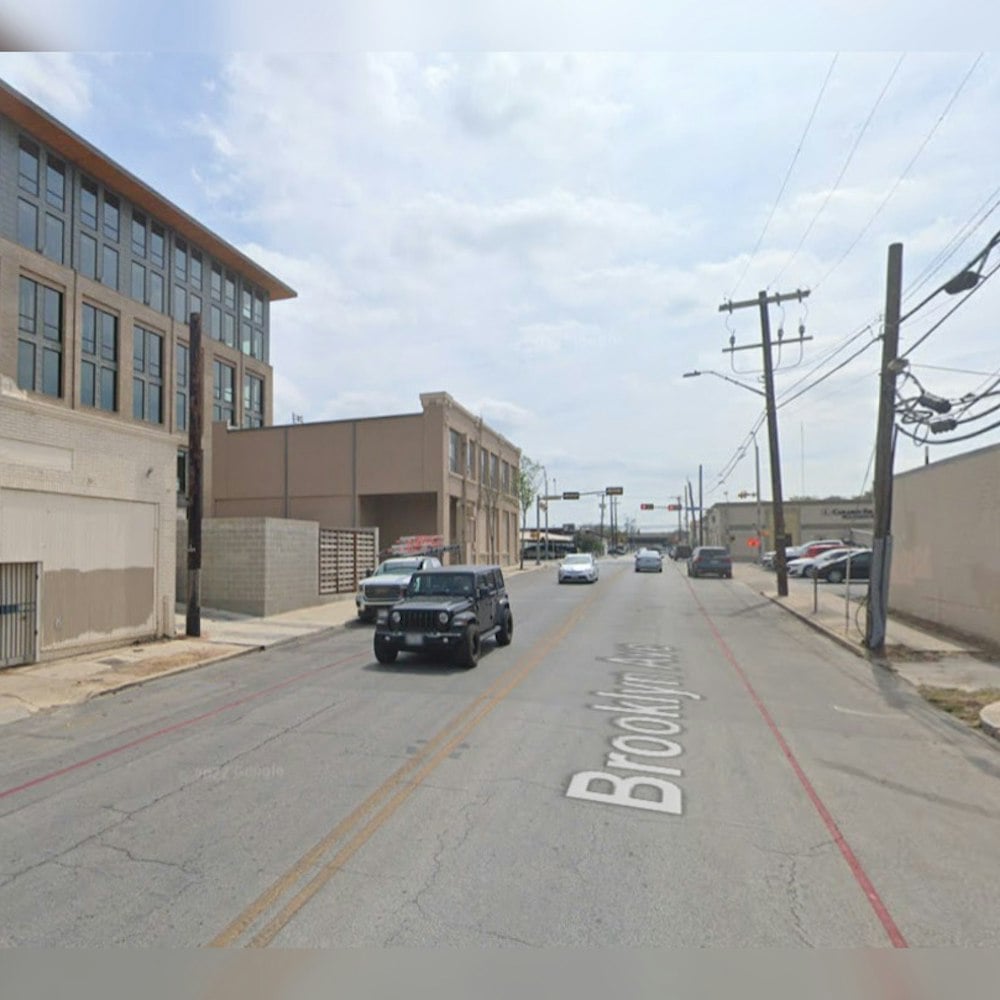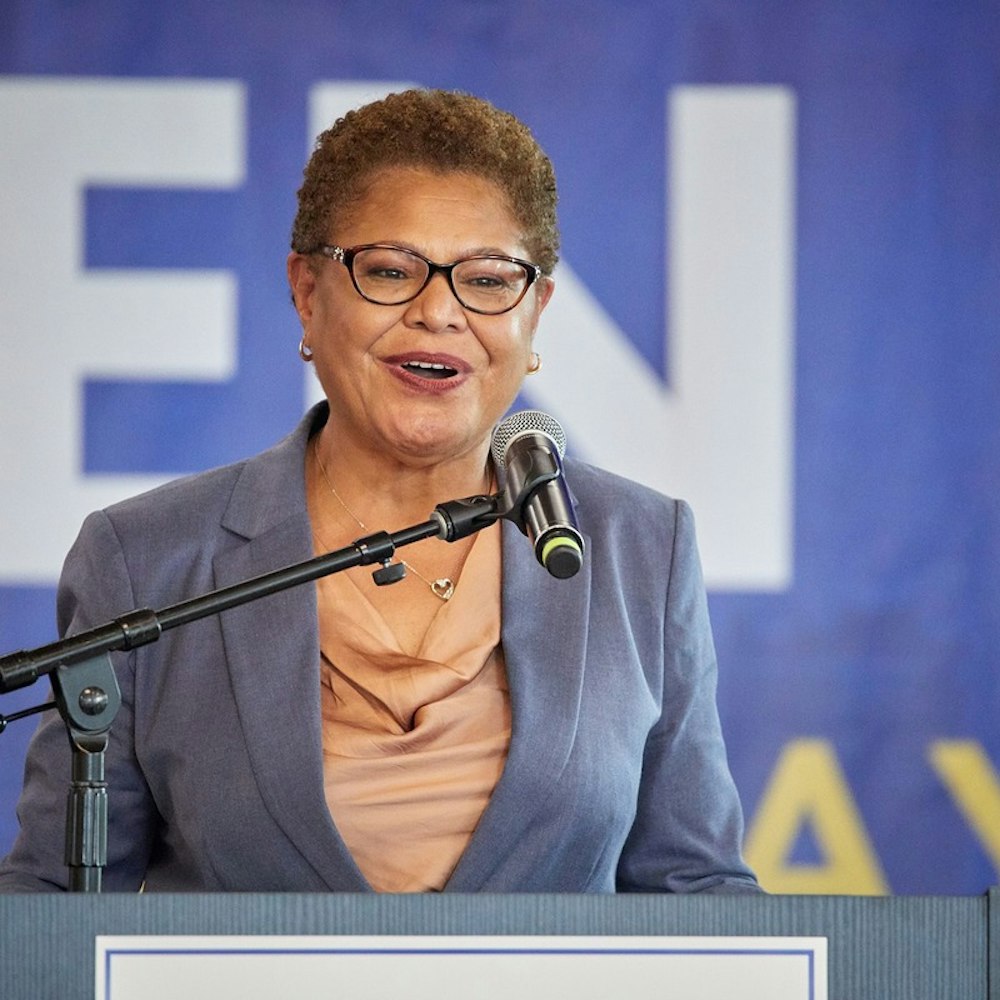
San Francisco's Mayor London N. Breed has introduced a ballot measure that incentivizes the transformation of non-residential buildings into residential ones in the city downtown. This proposition, part of the mayor's Roadmap to San Francisco's Future, seeks to create a vibrant downtown by offering a waiver on the city's transfer tax for such conversions. With a current office vacancy rate at a high of 34%, the legislation, to be voted on in March 2024, is designed to stimulate investment, per the City and County of San Francisco news report.
The measure follows Mayor Breed's efforts to ensure flexible use of buildings in downtown San Francisco. In August, she tabled legislation that eased city codes to allow more adaptive zoning and diverse activities in the area. Central to this initiative was the Adaptive Reuse Program, which aimed to expedite the approval process for transforming neglected office spaces into homes.
Additionally, during the summer, the city proceeded with a Request for Interest (RFI) to understand the monetary and regulatory difficulties encountered by specific residential conversion projects. The planned scrapping of the transfer tax is essential to this ongoing bid to shape a lively, diverse downtown San Francisco.
The city's transfer tax, which can reach up to 6% for deals surpassing $25 million, acts as a deterrent for investment in conversion projects from commercial to residential sector. Under the proposed measure, this tax will be waived but only up to a limit of five million square feet of converted space, with the sanctioning process being completed by December 31, 2029. Also, a construction permit has to be received within three years from planning approval, ensuring the timely progress of projects.
Advocates of Mayor Breed's proposal anticipate that it will foster opportunities for a vibrant, round-the-clock downtown area, incorporating living, work, academic, and leisure spaces. Andrew Chun of Sidecar Hospitality group, a notable figure in the San Francisco hospitality scene, lauded the scheme for its possible role in the escalation in foot traffic and rejuvenation of the region.
Urban planners and housing specialists, for example, Sujata Srivastava of SPUR, also praised the proposal, viewing it as instrumental in diversifying and energizing San Francisco's downtown. Srivastava acclaimed Mayor Breed's attempt to slash down real estate transfer tax as a considerable stride towards generating fresh homes and contributing to the vibrancy of the region.









